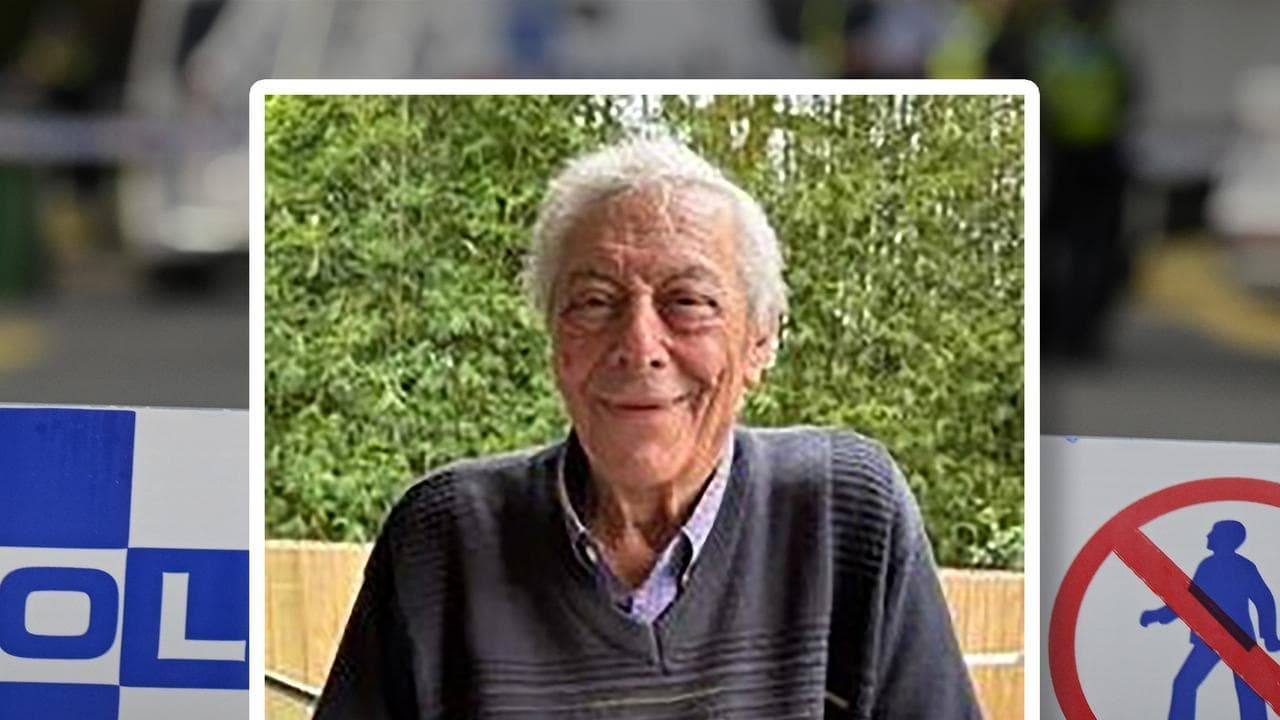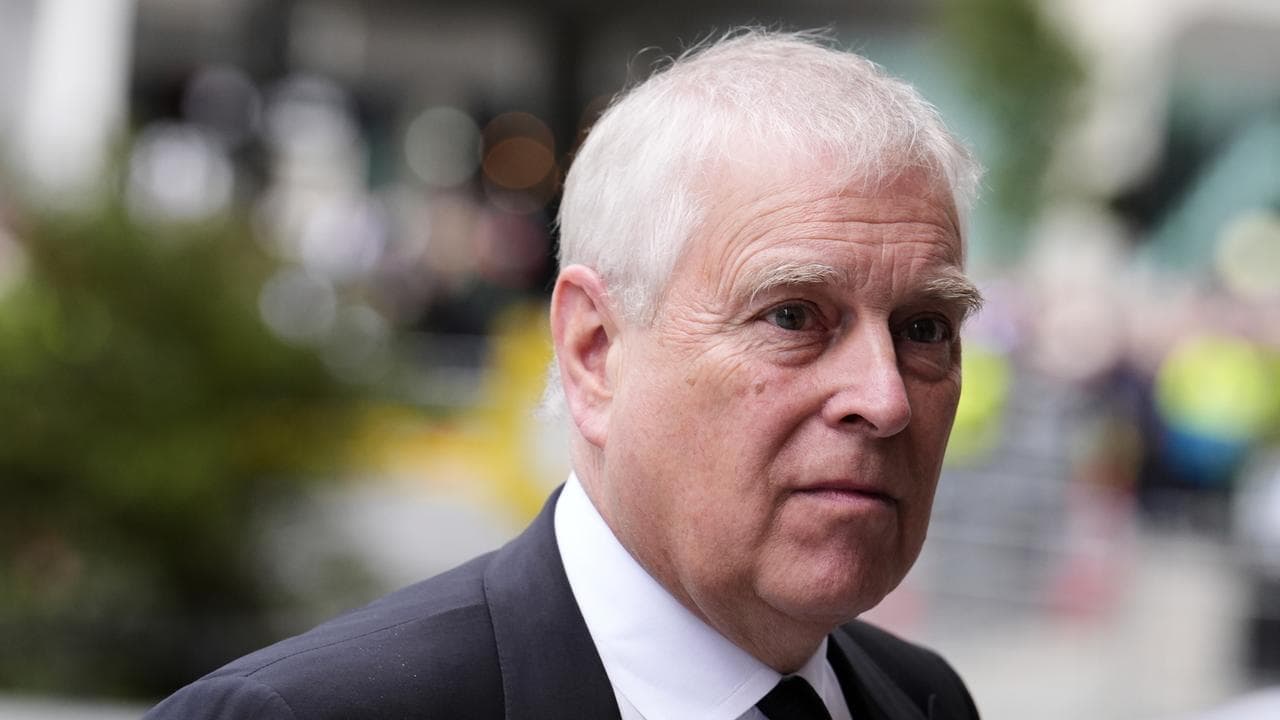WHAT WAS CLAIMED
Voice legislation proves the advisory body will have the power to seize private property, land and assets.
OUR VERDICT
False. The legislation, from South Australia, gives the state-based voice the ability to buy, sell and own land like other government bodies.
Social media users are sharing an image of government legislation, claiming it shows the Indigenous voice will have the power to seize private property and assets.
This is false. The legislation - the First Nations Voice Act 2023 - is part of South Australia's First Nations Voice and has nothing to do with the federal voice set to go to a referendum on October 14.
Neither the SA Voice nor the proposed federal voice will have any power to seize lands or property.
Experts and the SA government told AAP FactCheck the section of legislation in the posts merely gives the SA Voice the ability to buy and sell property like any person or body corporate to carry out its functions.
The image (screenshot here) has been posted to Facebook, as seen here, here, here and here, as well as Instagram, with the headline: "'The Voice' was always about seizing private property, land & assets!"

The legislation is identified in the upper right corner as First Nations Voice Act 2023 and the body of the document highlighted is from Division 2 - Local First Nations Voices, Section 10, points 1 to 3.
It is part of the legislation for SA's First Nations Voice - as seen here.
SA's voice to parliament became law on March 26. The state voice will be made up of local voices from six regions.
Legal experts told AAP FactCheck the legislation does not give the body the power to seize land and assets.
They say the section of highlighted law is standard in legislation covering many SA boards and trusts for public bodies such as libraries, museums, art galleries and health councils.
Anna Olijnyk, a senior lecturer at Adelaide Law School, said: "The sections give the voices the ability to hold, acquire, or deal with property.

"That means the voices can buy, sell, and own land and things just like any ordinary person or corporation can.
"It is obviously useful for a government body to have that ability. This means the voices can, for example, lease offices and buy office furniture.
"The wording of the sections is standard drafting."
Dr Olijnyk said for the voices to have power to seize (as opposed to buy) private property, land or assets, there would need to be clear wording in the legislation.
"Such words do not appear in the First Nations Voice Act 2023 (SA)," Dr Olijnyk said.

Cornelia Koch, also a senior lecturer at Adelaide Law School, said the Act was not tied to reparations in any way, either explicitly or by implication.
"Under s 41(1) the State First Nations Voice can provide reports to the parliament on matters that it believes to be of interest to First Nations people," Ms Koch said.
"If the voice chose to, it could advise on reparations but the parliament does not have to follow that advice."
Ms Koch also explained Section 10(3) highlighted in the image, which says: "A Local First Nations Voice is independent of direction or control by the Crown or any Minister or officer of the Crown."
She said it made clear the voice would be independent of the government.
"This is necessary because the purpose of having a voice is that it gives frank and fearless advice to the government and parliament,"Ms Koch said. "The sections do not give the voices any powers and clearly not the power to seize private property, land or assets."

SA's Attorney-General's Department also told AAP FactCheck the state voice does not have the power to compulsorily acquire land or private assets.
"This portion of the South Australian First Nations Voice Act is a common inclusion in a number of different pieces of legislation and regulations (see also Green Industries SA, the South Australian Motor Sport Board and the Dairy Authority of South Australia)," a department representative said in an email.
"This does not give these bodies the right to seize or confiscate assets or land.
"The legislation simply enables those entities to exist as a body corporate, with the ability to - for example - rent office space for use in connection with its operations."
The only current legislation that relates to the federal voice is the one that set up the referendum, Constitution Alteration (Aboriginal and Torres Strait Islander Voice) 2023, which passed the Senate on June 19, 2023.
The Verdict
The claim that legislation proves the Indigenous voice will be able to seize private property and assets is false.
The section of legislation being shared on social media is taken from the South Australian First Nations Voice Act 2023 and allows the state voice to exist as a body corporate with the ability to rent office space and buy, sell and own land.
It has nothing to do with the federal voice proposal.
Legal experts and SA's Attorney-General's Department told AAP FactCheck the cited section of the law is common to many similar pieces of legislation and that it does not give the body the power to seize land or assets.
False – The claim is inaccurate.
AAP FactCheck is an accredited member of the International Fact-Checking Network. To keep up with our latest fact checks, follow us on Facebook, Twitter and Instagram.












